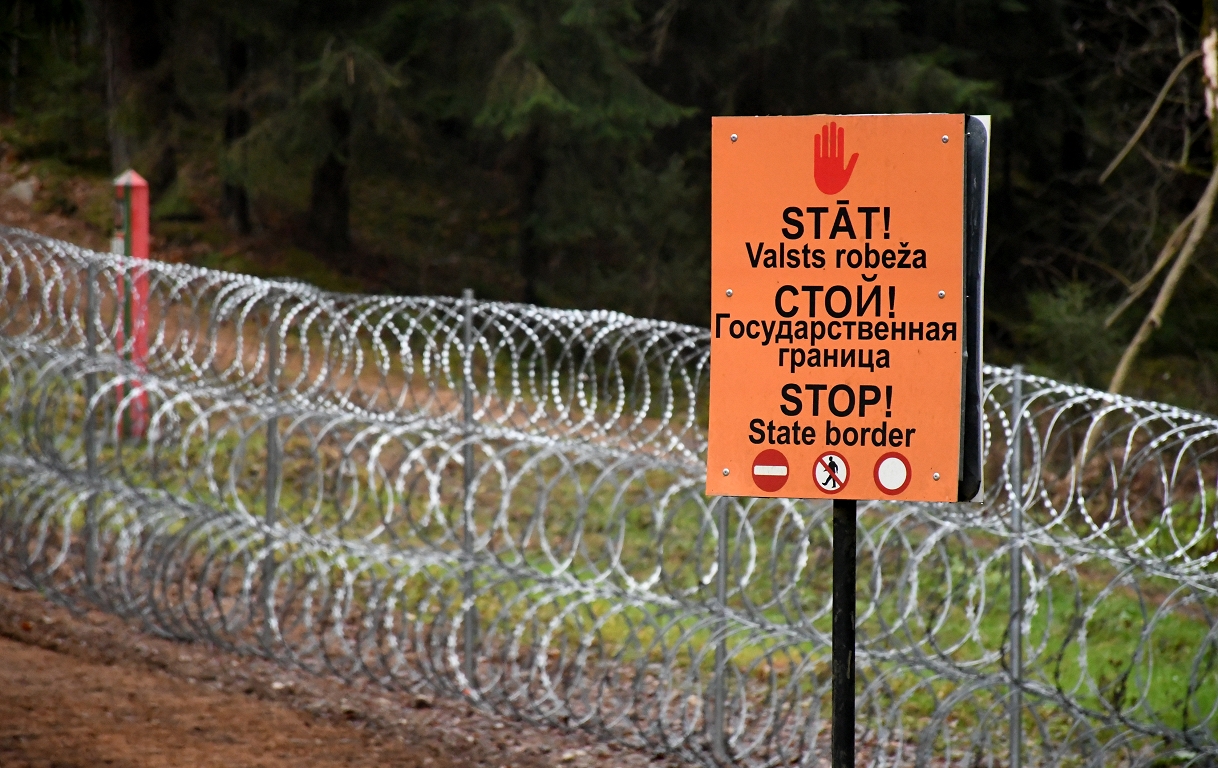Changes in hospital care: ‘We have to get used to the fact that we will have to travel a piece for certain interventions’
:format(webp)/s3/static.nrc.nl/wp-content/uploads/2025/03/26092341/web-2603BINkanker.jpg)
Suppose a loved one has cancer and must be operated on as quickly as possible. Do you want it to happen in the neighborhood, so easy, or do you prefer an intervention in the best possible hospital, with the most experienced surgeons and the best equipment?
All kinds of surveys have been shown for years that both patients and their families choose the latter option much more often. They take the travel time for granted. With that knowledge in mind, various healthcare organizations have concluded a radical agreement on the (further) on Tuesday concentration of a total of eighteen interventions Against a total of seven different forms of cancer and vascular diseases. In summary: from 2027, certain complex interventions will only be done in hospitals that have sufficient experience with it.
You can still go to the nearest hospital with complaints, you don’t have on your forehead or you have a certain type of cancer
NRC Speaked on Wednesday with neurologist Selma Tromp, who in the past two years as vice -president of the Federation of Medical Specialists was involved in the so -called ‘Round Tables Concentration & Spread Oncology and Vascular Surgery’.
Read also
In 2027 at the latest, considerably fewer hospitals perform complex cancer and vascular diseases
What is going to change?
« Let me start with what is not going to change. You will soon be able to go to the nearest hospital if you have certain complaints, because you do not have on your forehead or you have a certain type of cancer or not. For diagnoses you can go everywhere, it turns out that your stomach or esophageal cancer has, and then you may have to be in the neighborhood.
« For example, this concerns interventions against kidney cancer (2,700 diagnoses), lung cancer (annually 14,500 diagnoses) and pancreatic cancer (2,800 diagnoses annually). For those interventions, the so -called ‘volumen standards’ are elevated or imported. The volume of lung resection is for example lung resection That patients with lung cancer can no longer be operated in hospitals that usually do fewer than sixty lung resections every year.
Is it already known which interventions will fall away at which hospitals?
« It is still too early for that, because that depends on how hospitals will distribute the care over the region. Two hospitals that have carried out a certain operation less than the new volume standard in recent years can, for example, decide to do that specific operation in one hospital from now on. Those conversations will have to take place in the coming months. »
So there is a concentration of certain types of care, but at the same time you are also talking about spread. What about that?
« The idea is to concentrate one form of care in Hospital A, and the other in hospital B. There is no hospital in the Netherlands that can just do a lot of operations: it has to be done. You want basic care, the simpler operations that occur very often, such as lies fracture operations, go to the hospitals that may now lose more complex care. »
So there will be a kind of expert hospitals where you can go for certain specialist interventions, but not for simpler interventions.
« Less. I think that in the future, more than now, we will have hospitals with certain accents. We will have to get used to it that we really have to travel a piece for certain interventions. Care close if possible, and further away if you have to. »
In recent years it has been a lot about access to care that is under pressure. Is this redistribution such a good idea?
« We see this intervention as necessary to be able to continue to guarantee care in the future. There are more and more patients and there is fewer and fewer care staff to take care of them. We also expect that the reduction in the deductible will push the demand for care further. That means that we have to organize our care more efficiently.
« It is therefore the intention that this benefits the accessibility of care. Because you need a lot of experience with that for certain complex interventions. But also have a robot, for example, to do that operation. If you are going to place it everywhere while they are only sporadically needed, you are not working efficiently. »
This redistribution only works for the grace of good mutual data exchange
Last week you published the results of a survey It showed that almost all medical specialists in the Netherlands experience problems with the availability of crucial patient data. An efficient system for sharing patient data now seems more important than ever.
« That is certainly a concern. If you refuse someone for a treatment, you will at least know which X -rays or scans have already been there. And you should be able to view letters from other hospitals without too much trouble. What you could worry about is that people get older and more and more and more often the Hospitel A is allowed to go to hospital A and for disease, then for disease, then it is allowed to be a disease and for disease, then for disease. Communicate. This redistribution only works with the grace of the availability of data and good mutual data exchange. «

:format(webp)/s3/static.nrc.nl/images/gn4/stripped/data133172100-71d860.jpg)
/s3/static.nrc.nl/wp-content/uploads/2025/06/05202057/data133276626-c661f0.jpg)
:format(webp)/s3/static.nrc.nl/wp-content/uploads/2025/05/20145430/data132556290-a10486.jpg)




